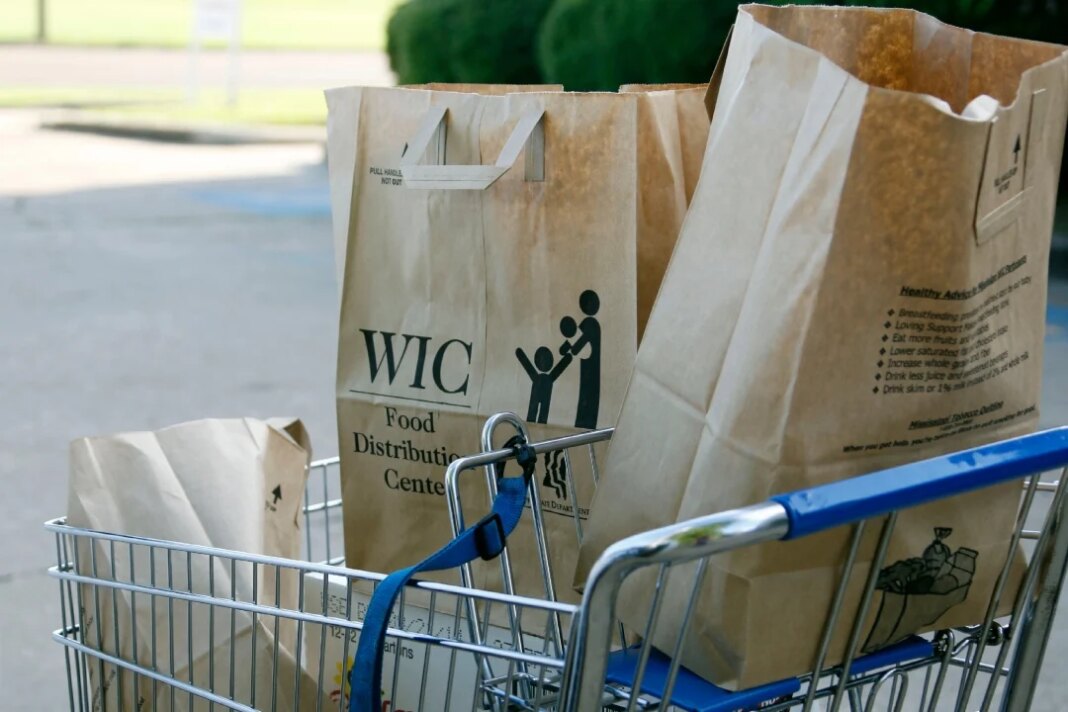WIC: A Lifeline for Low-Income Mothers and Children
This week, the Trump administration announced a significant $300 million infusion into the Special Supplemental Nutrition Program for Women, Infants, and Children (WIC), alleviating widespread concerns about the program’s potential funding shortfall during the ongoing government shutdown. As a critical resource, WIC supports over six million low-income mothers and their young children, ensuring they have access to nutritious staples essential for their health and well-being.
The Importance of WIC
WIC provides vital assistance to expectant parents and young families by facilitating the purchase of healthy foods, such as fruits, vegetables, low-fat milk, and infant formula. Designed to address specific nutritional needs, the program has become an invaluable resource for families who may otherwise struggle to afford these essentials. However, the looming threat of the government shutdown risked leaving many without this crucial support as federal appropriations stalled.
A Creative Solution
In response to the financial uncertainty, White House spokeswoman Karoline Leavitt shared a refreshing announcement on social media, detailing that a “creative solution” had been found to prevent WIC from running out of funds. By utilizing unspent tariff revenues from the previous fiscal year, officials at the U.S. Department of Agriculture (USDA) managed to mobilize funds to sustain the program. This maneuver directly enabled states to receive the necessary financial support promptly, mitigating the potential impact of the shutdown.
Regional Impacts: Alaska and Washington Step Up
States like Alaska and Washington quickly reported receiving enough federal funds to keep their WIC programs running at least until the end of October. For instance, Alaska was able to secure nearly $900,000 in funding, ensuring that their WIC program could remain operational through early November. This relief avoided the need for the state to divert its own dwindling resources, which were already stretched thin due to budget constraints.
On the other end, the Inter-Tribal Council of Nevada celebrated the reopening of its offices thanks to a timely influx of money, which underscored the urgency of the situation affecting different communities.
Balancing Budgets Amid a Shutdown
The ongoing government shutdown has its roots in a failure among Congress members to agree on a funding bill, primarily sparked by disputes over health-care cuts and funding allocations, including cuts to Medicaid. State and local governments have braced themselves to cover any potential deficits in federal assistance for vital programs like WIC, but many, including Washington state, have cited budget shortfalls that make such moves impossible.
Tensions in Congress
The political landscape surrounding the funding of WIC is fraught with tension. While the administration has put forth a temporary solution, critics note that House Republicans have previously proposed cuts to the program, raising fears among advocates for low-income families. Senator Patty Murray from Washington pointedly remarked that if the president is genuinely concerned about WIC, he should prioritize negotiations to end the shutdown and distance himself from budget proposals that threaten the program’s viability.
The Bigger Picture
This infusion of funding into WIC serves as both a short-term solution and a reminder of the essential services it provides to vulnerable populations. The program’s dependence on federal appropriations amidst a contentious political climate highlights ongoing discussions about the safety net for families in need. The months ahead will be pivotal in determining how WIC evolves and what support low-income mothers and children can expect from their government.



